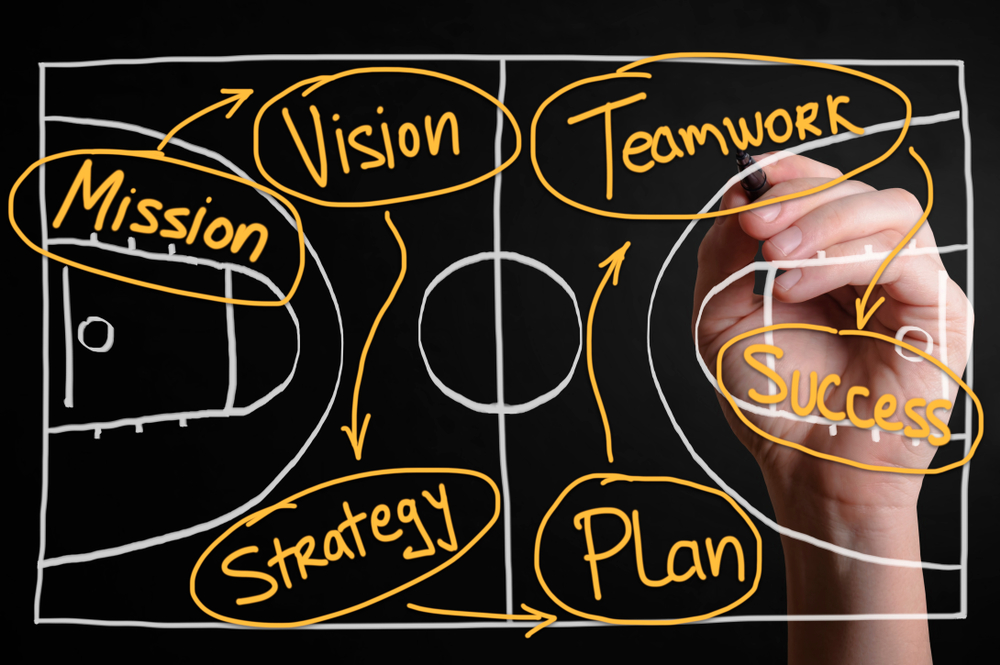It seems appropriate to suggest an approach with an emphasis on culture for addressing the current challenges leaders may be facing either with respect to quiet quitting or, more generally, the impact of work environments on employee motivation, health, and performance.

Create sustainable, high-performance cultures and impact the world.
As organizations implement its cultural improvement activities, the culture consultant will be there to coach and advise the leadership team on how to deal with various implementation issues, risks, resistance, and other challenges that might come up. Optimally, the culture consultant draws on deep organizational knowledge and experience to provide this support.
Probably the most common issue of supporting team-building activities is justifying the time and expense. This has always been a problem in the business world, but if your organization wants to operate in a constructive and effective way, the importance of team building and cost of related learning activities is cheap when compared to the invaluable experience and benefits.
Setting out to change your culture often involves taking the long view and we can help your leadership team gain clarity on and execute the key steps for this important journey.
Organizations that develop a culture that supports key Conditions will have a competitive edge in attracting and retaining employees and promoting the teamwork, inclusion, and innovation necessary to execute strategy.
Successful culture change is a leadership commitment, not a project. Leadership is about action—behaving in new ways that set an example. Commitment is needed because employees look to the leaders to see whether their behaviors align with their words.
Rarely are organizational leaders presented with an inflection point where they have an opportunity to shape the future of their organization’s workplace. The timing is perfect for a strategic-level conversation to ensure the organization’s mission and purpose inspire employees to achieve.
The usefulness of organizational culture as a construct for research and an assessment tool for organizations has been well established over the past decades.1 While research and practice involving organizational culture are, to a large extent, associated with for-profit organizations, crucial work in the usefulness of understanding organizational culture for non-profit organizations and its actual impact and practicality can be found in broad sectors of society.
Stress and well-being have been implicated as being associated with employees’ physical health, motivation, and job satisfaction. With proper planning, leaders can help reduce stress and optimize employees’ mental health and these related outcomes.
Over 30 years of research across thousands of organizations using the Organizational Culture Inventory® has shown positive relationships between Constructive cultural norms (that is, expectations for members to behave constructively in order to “fit in”) and motivation, engagement, teamwork, quality, external adaptability and, ultimately, profitability.
Dr. Robert Cooke and Cathleen Cooke respond to questions and comments following their webinar on the timely subject of Culture and Hybrid Workplaces.
Being an agent of change for an organization’s culture requires solid strategic and communications skills. Those experienced in helping organizations to change their culture confirm that it can be a massive undertaking.
With a solid mission in place, a focus on the ideal culture, along with improved processes and procedures and more-clearly defined roles, leaders and members know where they’re headed and how to get there.
Instead of letting fear drive knee-jerk, dysfunctional reactions, we seek to help people transform their relationship to fear so they can recognize fear when it arises and discover a new, constructive and creative response to it.













